
1) Understanding the Eternal Bond: The Role of Covenants in the Bible
In the biblical context, covenants, or "brit" in Hebrew, form the cornerstone of God's interactions with humanity, distinguishing themselves from mere contracts by their permanent and sacred nature. These agreements, involving mutual benefits and stipulated terms, are infused with a profound sense of fidelity and commitment, transcending generations. The narrative of Joshua and the Gibeonites exemplifies the enduring obligation of covenants, where even a deceit-induced agreement demands respect and adherence due to its divine witnessing. Similarly, King Saul’s breach of this covenant illustrates the severe repercussions of disregarding such divine contracts, highlighting covenants as pivotal elements that shape the theological and moral landscape of the Bible. Understanding these covenantal relationships is crucial to grasping the broader divine-human narrative and the expected sanctity of promises within the scriptural tradition.

2) The Covenant with Abraham
This lesson delves into the pivotal role of the covenant with Abraham, tracing its roots in Genesis and its enduring impact on biblical theology. It examines how this royal grant, bestowed by God, serves as a foundational narrative for all subsequent covenants in the Bible, emphasizing themes of divine fidelity, chosenness, and blessings that extend to all nations. The blog underscores the significance of understanding Abraham's covenant to grasp the broader biblical message and the continuity of God's promises across generations.
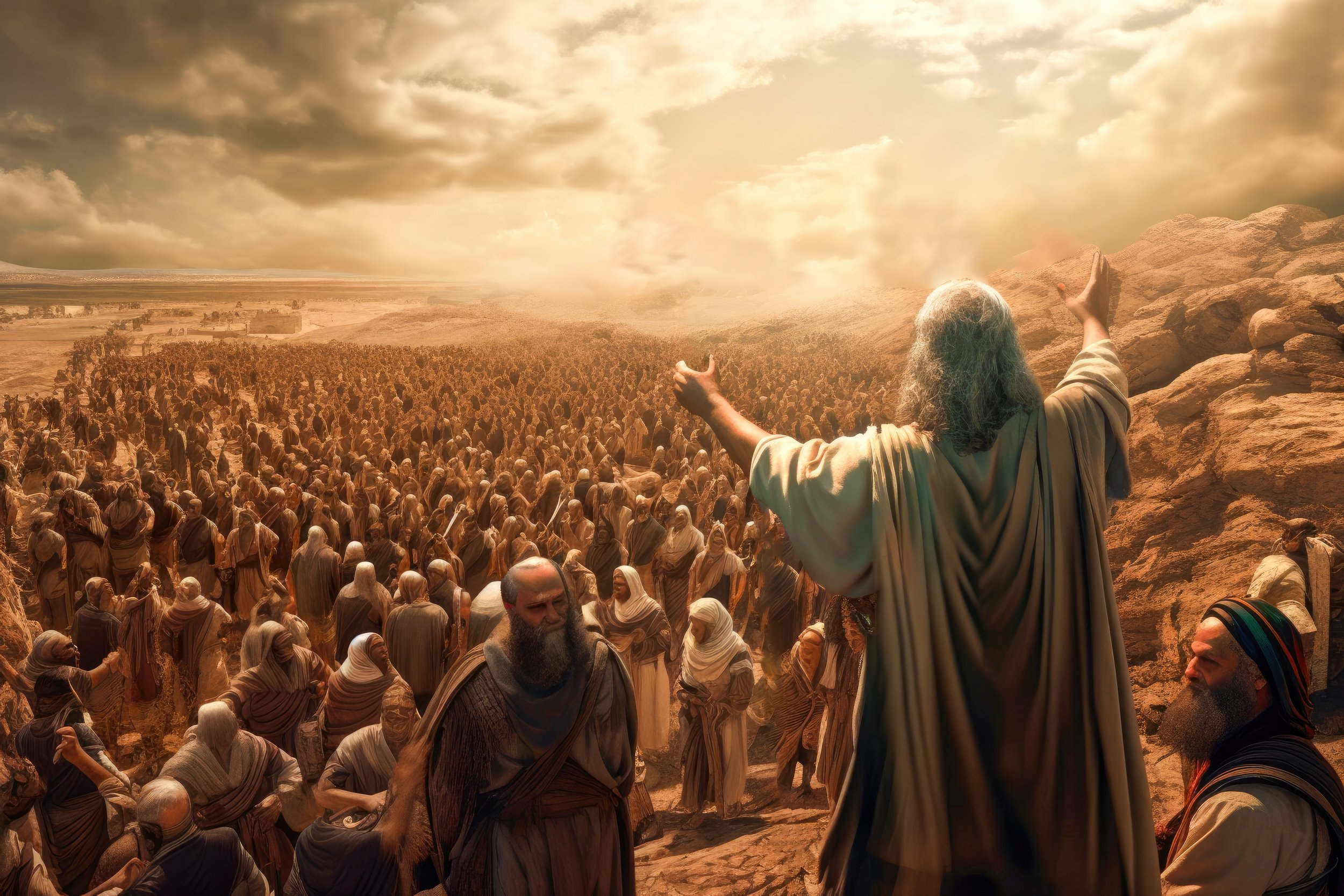
3) The People of Israel and Why They are the Chosen People
This post explores the special relationship between the people of Israel, also known as the Jewish people, and God, which began with a covenant made with Abraham, Isaac, and Jacob. It emphasizes the importance of understanding the Bible from a Jewish perspective and highlights the Jewish roots of Christianity.
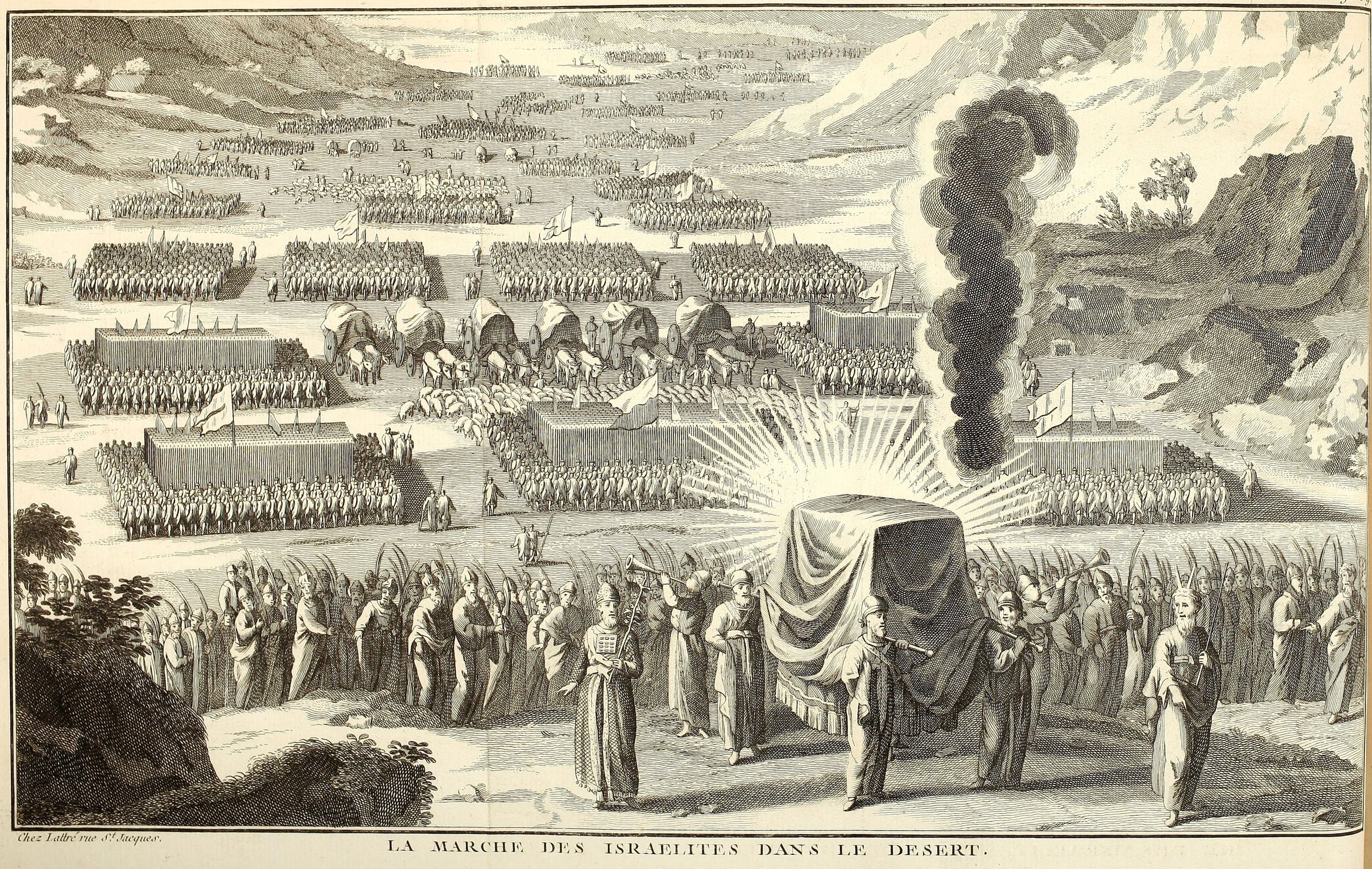
4) Israel’s Roles and Responsibilities
Delve into the heart of the Bible's message with a focus on Israel's pivotal role. Explore how the scriptures are deeply intertwined with the story of the Jewish people, shedding light on God's promises and plan for salvation. Join us on a journey to uncover the profound connection between Israel and the Word of God.

5) The Covenant at Mount Sinai
This lesson explores the profound significance of Israel being designated as God’s "firstborn son" in the context of the Abrahamic Covenant. It delves into the responsibilities and privileges that come with this status, emphasizing Israel's unique role in God's redemptive plan. By examining the theological implications of this designation and its connection to the covenantal promises made to Abraham, the lesson highlights the enduring relationship between God and Israel, showcasing how this relationship forms the foundation for the nation’s mission and identity.
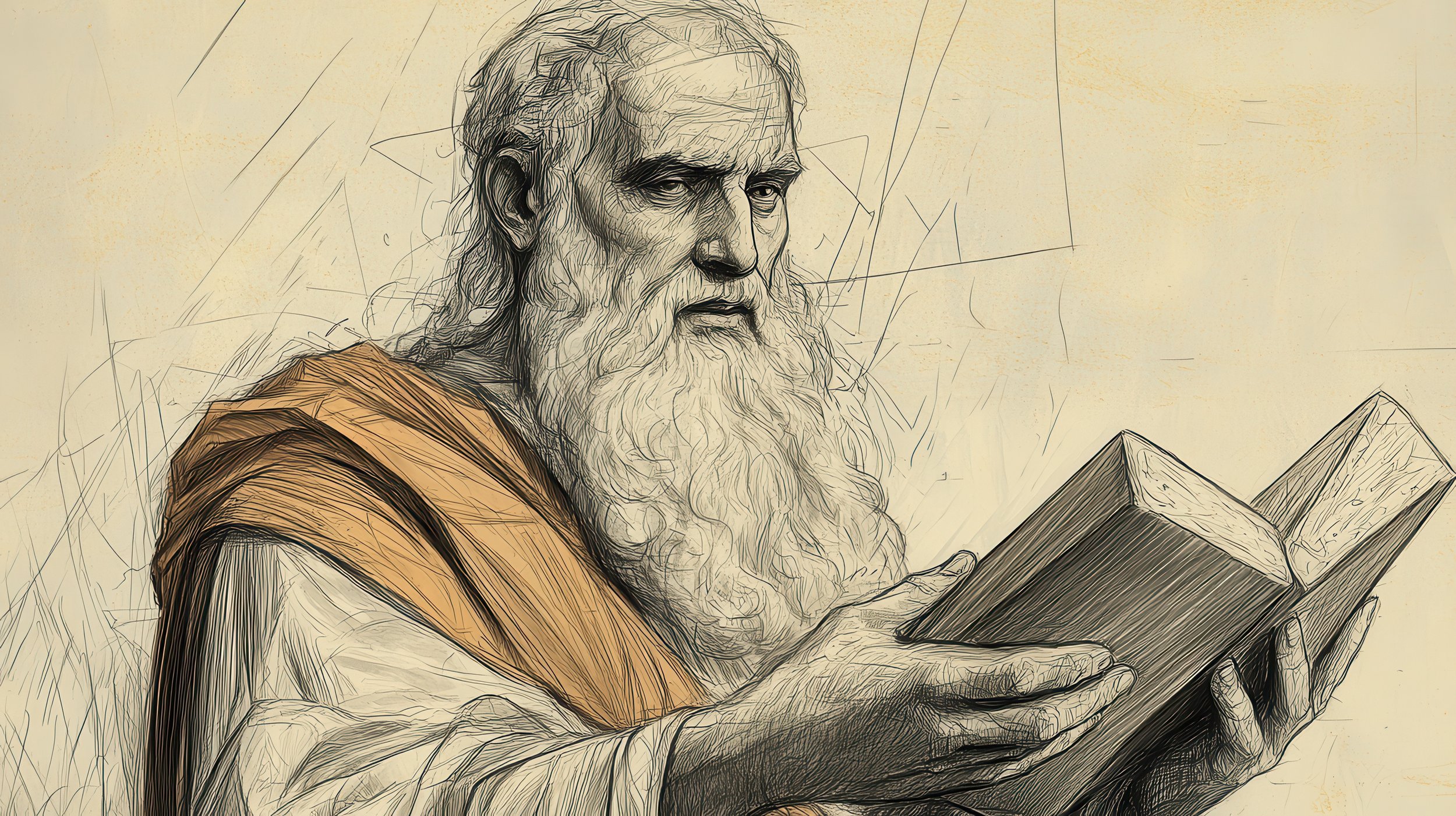
An Overview of Deuteronomy
Deuteronomy is often overlooked as just a collection of laws, but it plays a foundational role in shaping Israel’s understanding of covenant, land, and law. As Moses delivers his final address to a new generation of Israelites, he recounts their history and reinforces that the covenant still applies, emphasizing obedience as the key to blessing in the Promised Land. The themes of blessings and curses in chapters 27 and 28, along with the song of Moses in chapter 32, project Israel’s future, warning of exile and promising restoration. Deuteronomy reframes Israel's past and lays the groundwork for apocalyptic eschatology, highlighting God’s faithfulness and Israel's enduring role in His plan. This profound text is not merely a legal code but a testament to God’s grace and a blueprint for Israel’s future.

Can the Call of Israel be Revoked?
In this lesson, we delve into the profound significance of God's unchanging covenants with Israel, which are central to understanding both the Old and New Testaments. These eternal covenants, starting with Abraham and reaffirmed throughout biblical history, underscore God's unwavering commitment to His chosen people. We explore scriptural references from Psalms, Isaiah, Romans, and Hebrews, highlighting the continuity of God's promises to Israel and their implications for Christian theology. The lesson also addresses misconceptions around replacement theology, emphasizing the enduring role of Israel in God's redemptive plan.

6) The Covenant with David
The lesson explores the profound significance of the Covenant with David, highlighting its role in shaping the biblical narrative and messianic expectations. Rooted in passages like 2 Samuel 7, Psalm 89, and Jeremiah 33, this covenant promises an eternal dynasty through David's lineage, with God’s unwavering commitment to Israel symbolized by the enduring kingship. The blog underscores how this covenant lays the foundation for understanding the Messiah as the rightful heir to David's throne, destined to establish an everlasting kingdom, thereby cementing the covenant's centrality in the faith.

The New Covenant
This lesson explores the concept of God's covenants with Israel, highlighting the significance of the New Covenant in the context of biblical prophecy. It emphasizes that the New Covenant, while initiated through Christ's death and resurrection, is not yet fully realized, with the ultimate fulfillment tied to a future time when God's laws will be written on human hearts. The discussion delves into the spiritual transformation promised through the Holy Spirit, linking it to the Messianic Era and the ongoing role of Israel in God's redemptive plan.

The Jewish Narrative-The Full Gospel Message-A Story of Hope and Covenant Promises
After learning about the various covenants in previous lessons, this lesson explores the foundational role of covenants in the Bible, emphasizing that understanding these divine agreements is essential for grasping the full gospel message. It argues that God’s covenants with Israel—far from being nullified—are unbreakable and intergenerational, forming the bedrock of both the Old and New Testaments. The blog also highlights how the New Covenant, initiated by Jesus, builds on and fulfills the promises made in earlier covenants, pointing towards the ultimate restoration and redemption of God’s people.
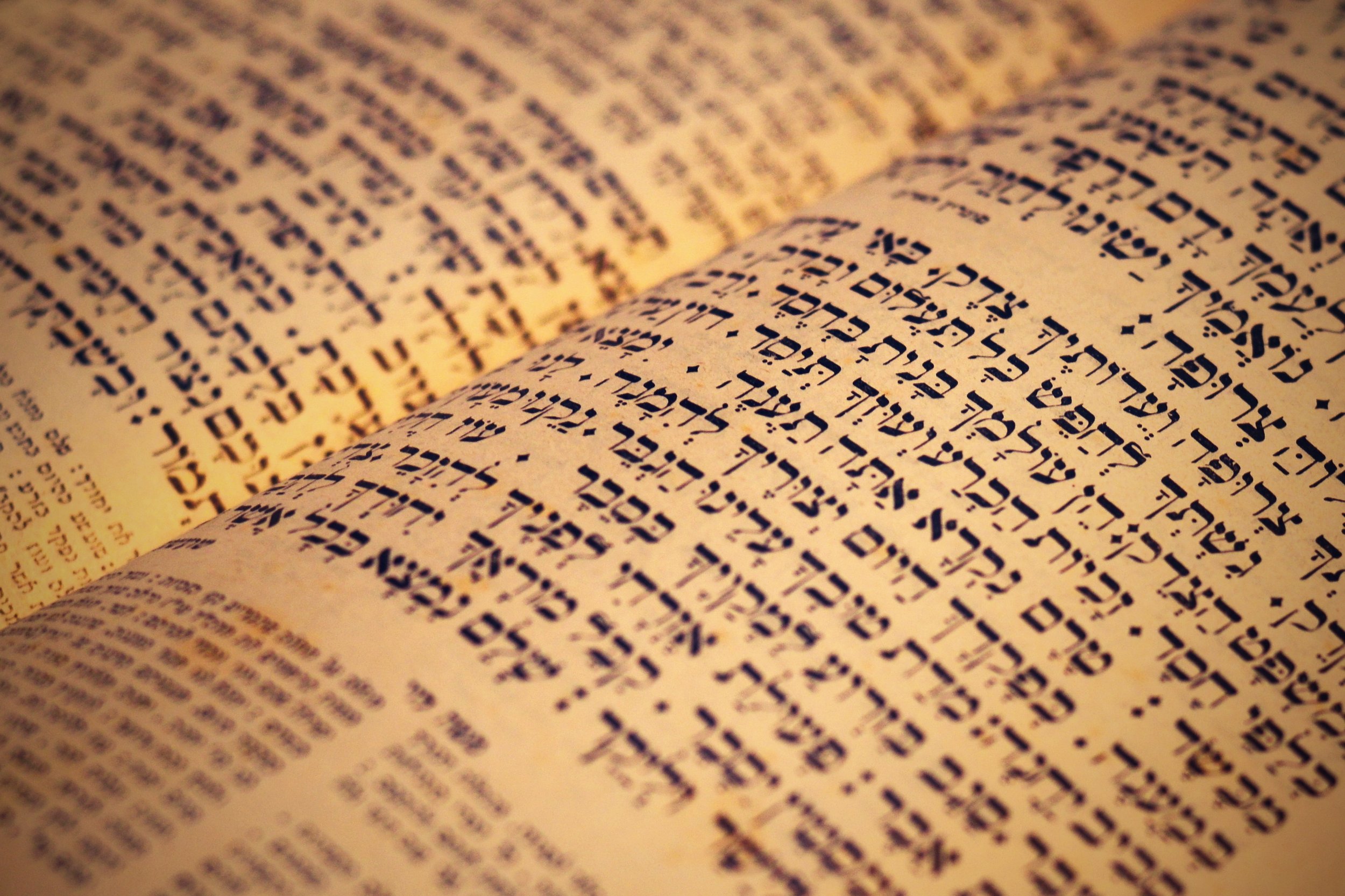
The Torah: The Law of Moses
The Torah is not merely a set of laws but an expression of the covenant between God and Israel, symbolizing a marriage vow that binds them together. Often misunderstood in Christian teachings as a legalistic code, the Torah was given to a redeemed people, not as a means of earning salvation but as divine instruction for holy living. The Hebrew word "Torah" means "teaching" or "instruction," offering a guide for Israel to follow God’s path. As such, the Torah forms the bedrock of Israel’s faith and continues to have relevance for believers today.
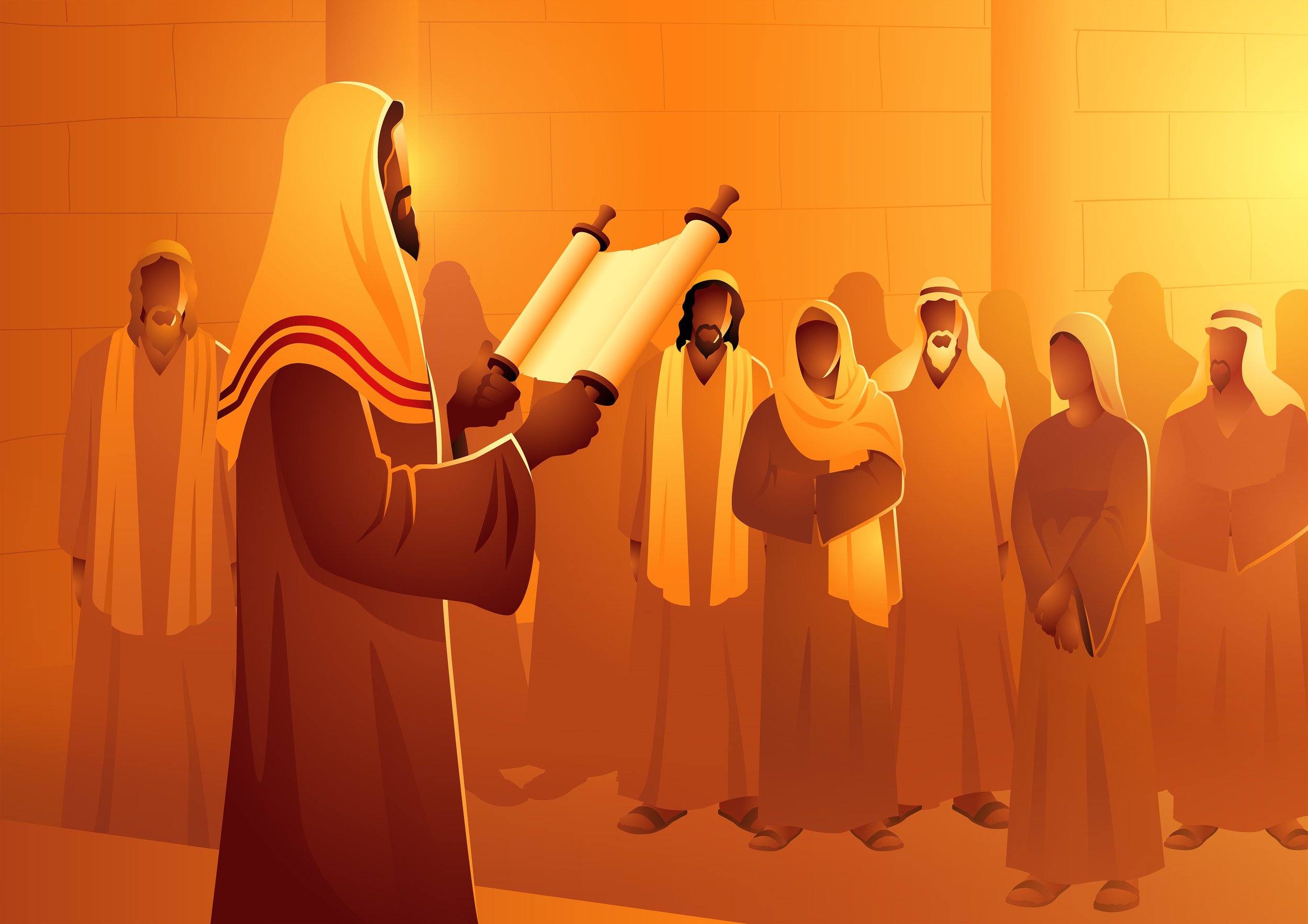
The Torah: A Guide to the Messiah and God's Redemptive Plan
The Torah serves as more than just a set of rules for the Jewish people; it functions as a guardian leading them toward the ultimate goal—the Messiah. Paul teaches that the Torah reveals the sinfulness of humanity and points to the need for a savior. Far from being obsolete, the Torah continues to have value by preserving and guiding God’s people until the revelation of the Messiah, who brings the fulfillment of God’s covenant promises. Through the Messiah, both Jews and Gentiles are granted righteousness and favor with God, not by the law, but by faith.

Did Jesus cancel or “abolish” the Torah?
This lesson addresses the common misconception that Jesus canceled or abolished the Torah. By examining Jesus' own words and teachings, we see that He upheld the Torah and encouraged His followers to obey God's commandments. Rather than nullifying the law, Jesus clarified its true purpose and role, emphasizing that it remains relevant and significant. The Torah points us toward the Messiah and serves as a guide for righteous living, which Jesus affirmed throughout His ministry.
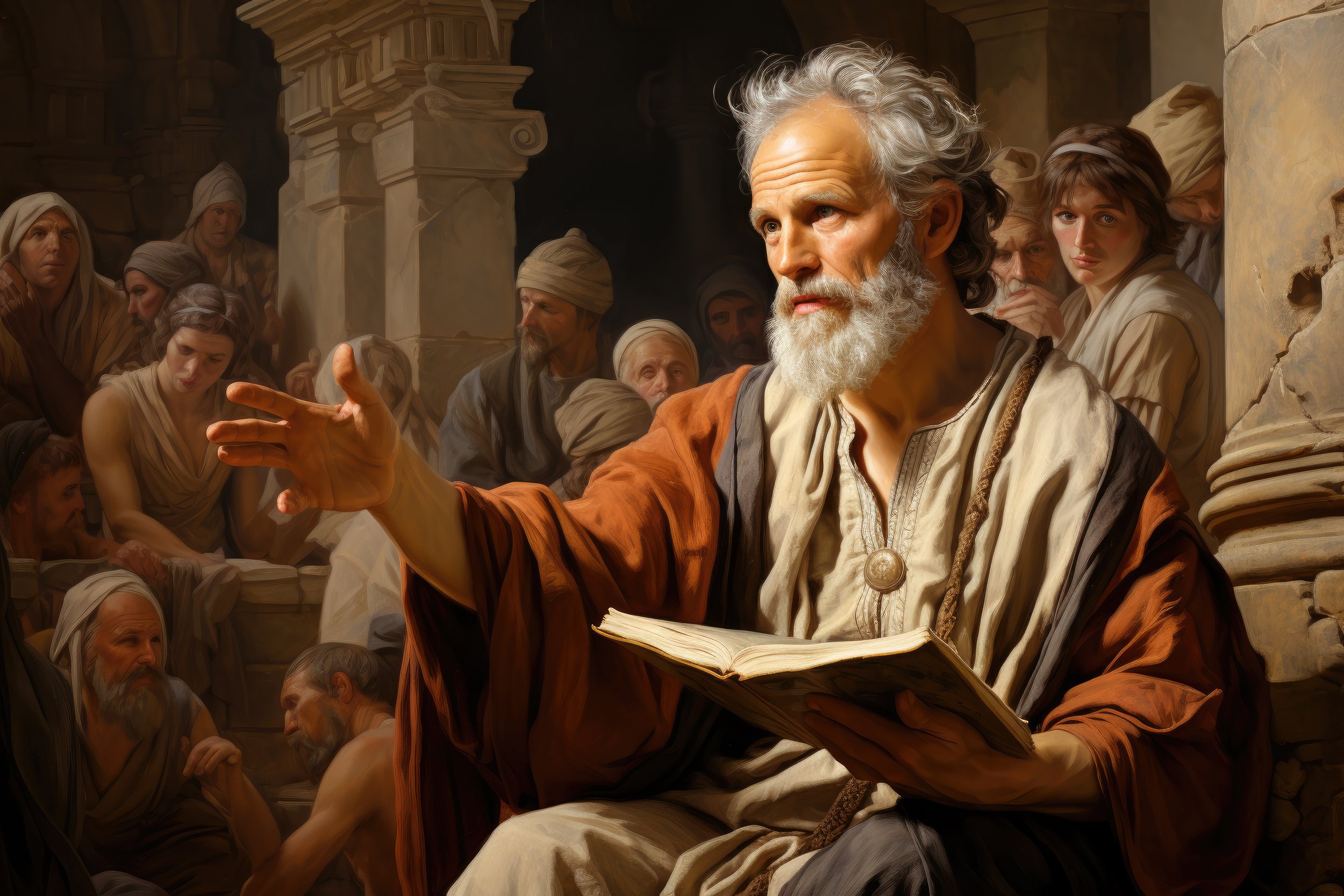
Did Paul Teach Against the Law?
Many misconceptions about the Torah being canceled come from misinterpreting Paul’s writings. Paul did not teach that the law was obsolete, but rather that it revealed sin and pointed to the need for a Savior. His teachings clarified that salvation is not through legal adherence to the Torah but through faith in the Messiah for both Jews and Gentiles. By understanding Paul’s message in its proper context, we see that he upheld the Torah as a guide to righteousness, not as something abolished by the coming of Christ.

Do Gentiles Followers of Jesus Need to Follow the Torah?
This lesson explores the relationship between Gentiles and the Torah, addressing whether Gentile believers are required to follow the full scope of Jewish law. The apostles clarified that Gentiles do not need to become Jewish to be part of God’s covenant but should follow core ethical principles that reflect the heart of the Torah. The early church emphasized that both Jews and Gentiles are called to serve God in their unique identities, fulfilling God’s plan for a kingdom that includes all nations while upholding the distinct roles of each group.

Does following the Torah Imply Legalism?
Many Christians mistakenly believe that Israel tried to earn salvation through keeping God's laws, but this concept of legalism is not found in the Law of Moses. Salvation has always been through God's grace, and the Torah was given after redemption to instruct Israel on how to live in obedience. The Torah and grace work together, not in opposition, with grace preceding the commandments. Legalism suggests earning salvation, but grace teaches that obedience follows salvation.

Is the Law Impossible to Keep?
This lesson explores the misconception that humans are inherently unable to follow God's laws due to their sinful nature. Through examples of righteous individuals in the Bible, it becomes clear that God’s commandments are not too difficult to follow. The real issue is not human incapacity but a lack of willingness to obey. God’s testing of Israel in the wilderness, as described in Deuteronomy, reveals that the problem lies in the human heart’s resistance to aligning with God's will, not in the impossibility of keeping His laws.

The Full Gospel: Rediscovering the Kingdom Message
This lesson seeks to restore the full scope of the Gospel message, emphasizing that it is not just about personal salvation but the coming of God's Kingdom on earth. Rooted in the promises made to Israel and fulfilled through the Messiah, Jesus of Nazareth, the Gospel calls for repentance and transformation. It proclaims the restoration of Israel, the defeat of evil, and the reign of the Messiah over all nations. Through repentance and allegiance to Jesus, we not only prepare for this future kingdom but experience its power and presence now in our daily lives. The Gospel is about living in submission to the King and seeking His Kingdom above all else.

The Kingdom of God
The gospel, as preached by Jesus, is deeply rooted in the prophetic promises of the Old Testament. It’s not just about personal salvation but encompasses the national redemption of Israel and the reign of God on earth. Jesus’ message, “Repent, for the kingdom of heaven is at hand,” was not a new teaching but the fulfillment of God’s promise to restore His people and establish His rule. The Messianic Era, marked by global peace, prosperity, and spiritual renewal, is central to this good news. Through repentance and obedience to God’s commandments, Jesus called His followers to prepare for the coming kingdom—a message that is as relevant today as it was 2,000 years ago.

The Jewish Narrative - The Full Gospel Message - The Day of the LORD: An Introduction
The "Day of the Lord" is a central theme in both the Old and New Testaments, marking the moment when God's justice and restoration will be fully realized. It is a day of divine judgment upon those who have rejected His authority and a day of salvation for believers through Christ's atoning sacrifice. Throughout Scripture, this day represents the culmination of God's redemptive plan, the establishment of His eternal kingdom, and the fulfillment of His promise to restore all creation. As we live in anticipation of this climactic event, we are reminded of the seriousness of sin, the necessity of justice, and the profound hope we have in God's ultimate plan for redemption.